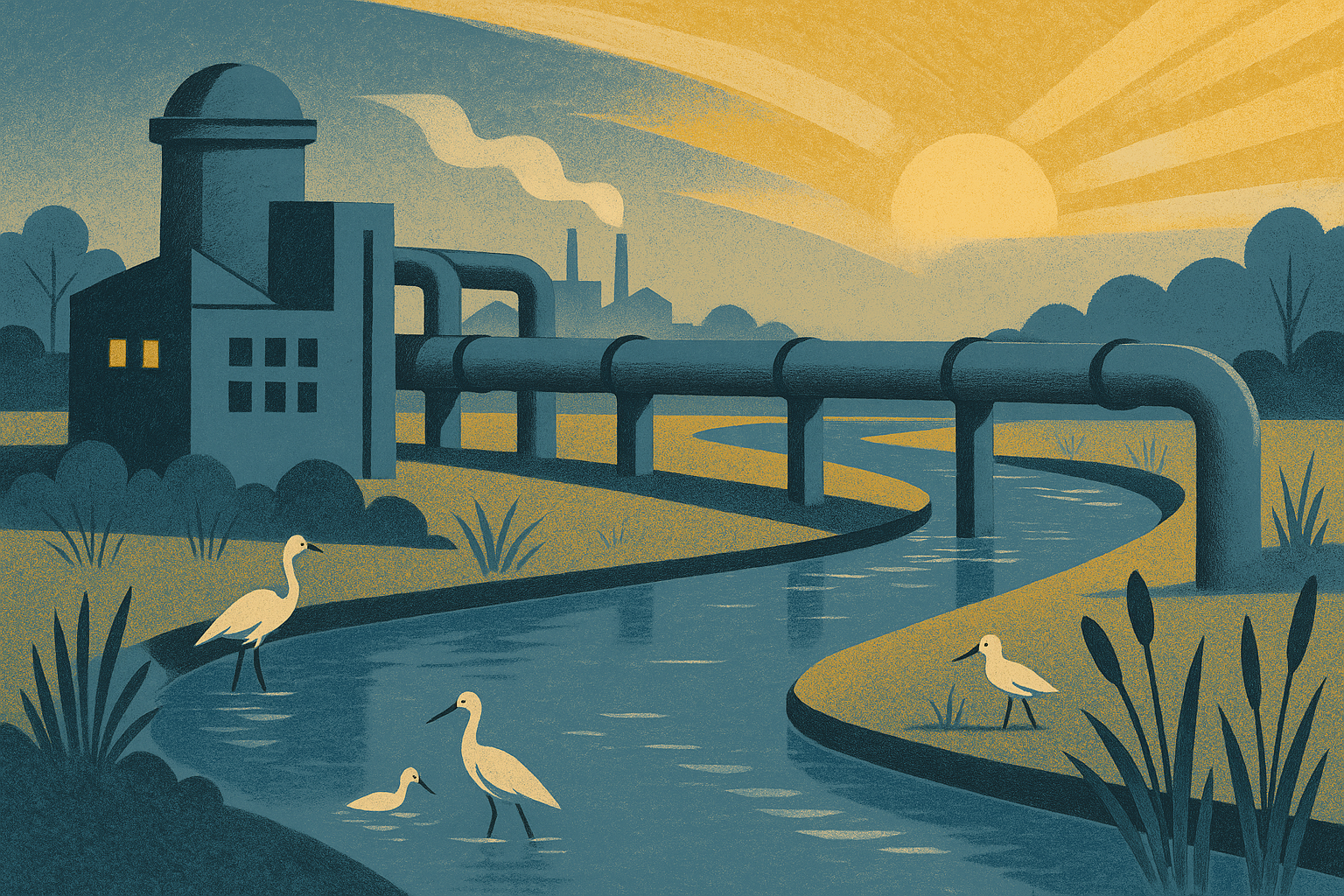The Environment Secretary has committed to reducing sewage pollution from water companies by 50% by 2030, compared to 2024 levels. Steve Reed will announce this target during a media address on Sunday morning. This marks the first time ministers have set a definitive target for reducing sewage pollution, holding themselves accountable for its achievement. Additionally, the government aims to cut phosphorus from treated wastewater by half by 2028, a pollutant that contributes to harmful algae blooms affecting wildlife.
This pledge is part of the government’s response to public discontent over record sewage spills and rising bills, amidst concerns of poor governance at financially troubled water companies. Mr Reed stated: “Families have watched their local rivers, coastlines and lakes suffer from record levels of pollution. My pledge to you: the Government will halve sewage pollution from water companies by the end of the decade.”
The announcement precedes the release of the Independent Water Commission’s comprehensive review of the struggling water sector, scheduled for Monday morning. This commission was established by the UK and Welsh governments to address systemic industry failures, although ministers have ruled out nationalisation. The government will address the commission’s recommendations in Parliament on Monday.
On Friday, the Environment Agency reported a 60% increase in serious pollution incidents caused by water companies in England last year, compared to 2023. Companies recorded 2,801 pollution incidents in 2024, up from 2,174 in 2023, with 75 incidents deemed to cause “serious or persistent” harm to wildlife and human health, up from 47 the previous year.
Ministers have committed to a comprehensive reform of the industry, introducing measures over the past year to reduce pollution levels. These include banning unfair bonuses for ten executives this year and threatening prison sentences for law-breaking executives. The government has also announced plans for £104 billion in investments to upgrade deteriorating infrastructure and construct new treatment facilities, with consumer bills earmarked for these upgrades instead of shareholder payouts or executive bonuses.
The Environment Agency has received a record £189 million to support enforcement offices for inspections and prosecutions, funded by fines from companies. Ministers hope this will help meet the new sewage pollution targets, which aim to prevent harm to swimmers, loss of aquatic life, and destruction of ecosystems. Mr Reed stated: “One of the largest infrastructure projects in England’s history will clean up our rivers, lakes and seas for good.”
The new commitment also involves collaboration with devolved governments to ban plastic-containing wet wipes across the UK, ongoing work on pre-pipe measures like sustainable drainage systems, and trials by water companies of nature-based solutions such as constructed wetlands. This initiative complements the storm overflow discharge reduction plan, which targets a 75% reduction in discharges into high-priority sites, such as rare chalk streams, by 2035. There is also an existing statutory target to reduce phosphorus loadings from treated wastewater by 80% by 2038 against a 2020 baseline, with an interim goal of a 50% reduction by the end of January 2028, as outlined in the environmental improvement plan (EIP).




